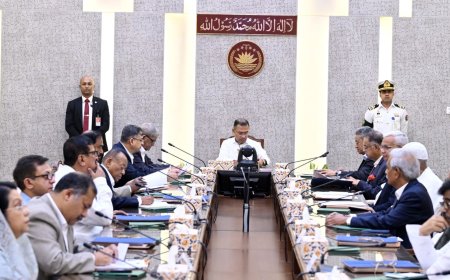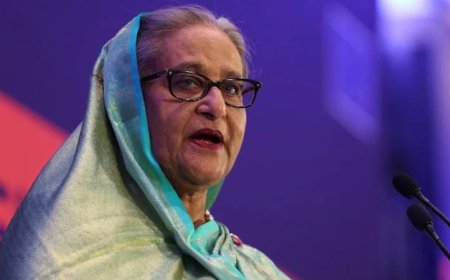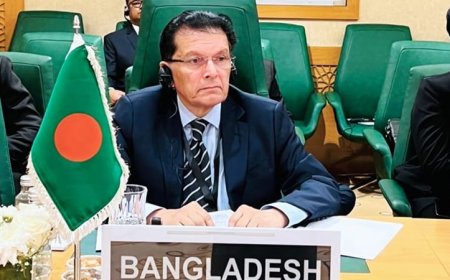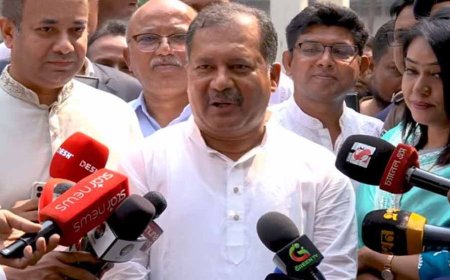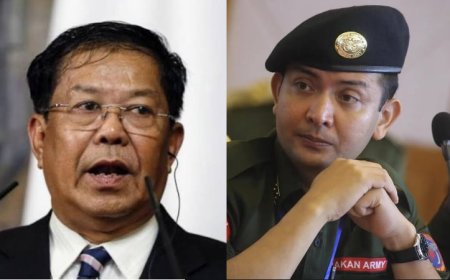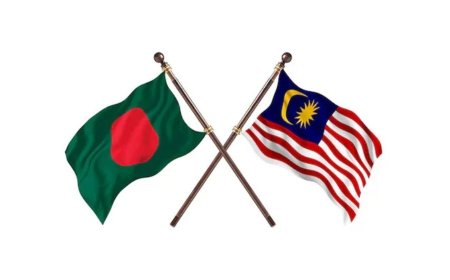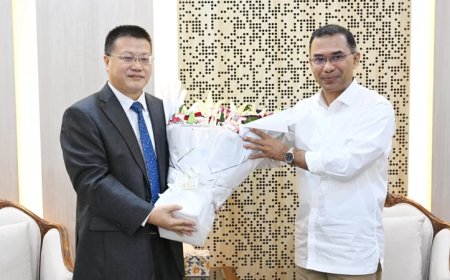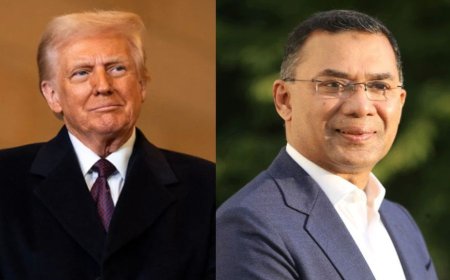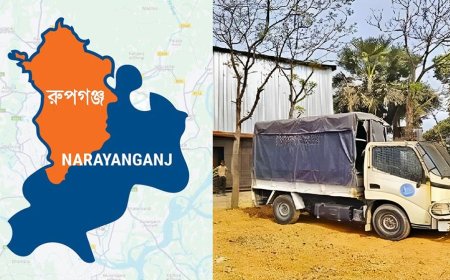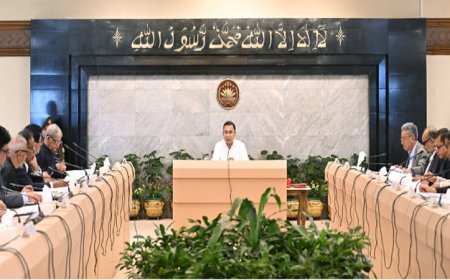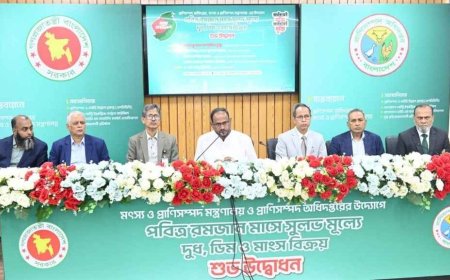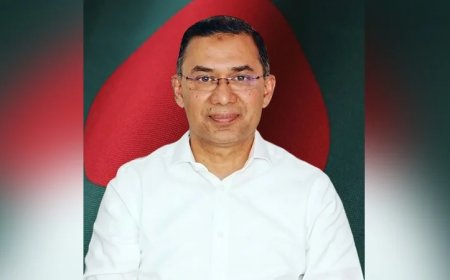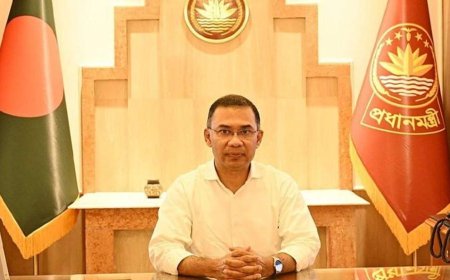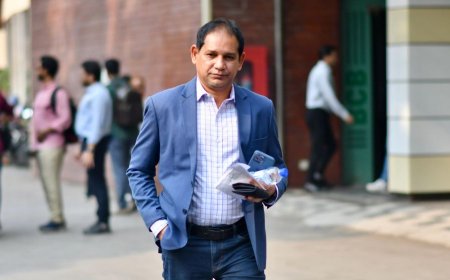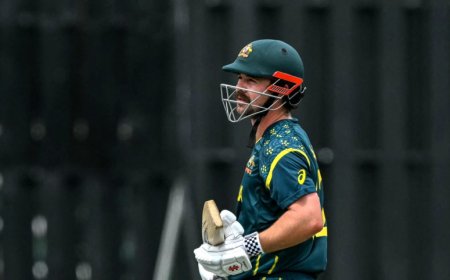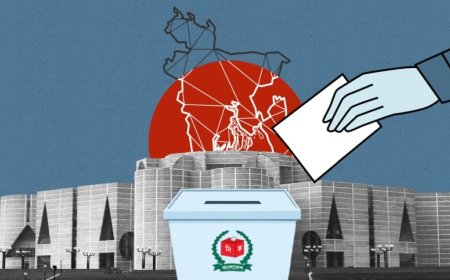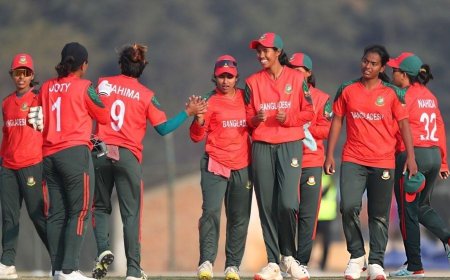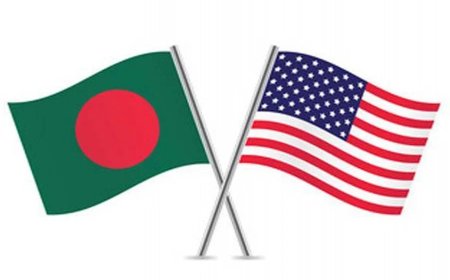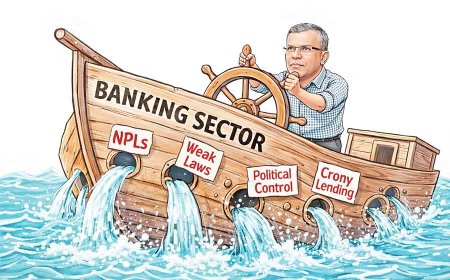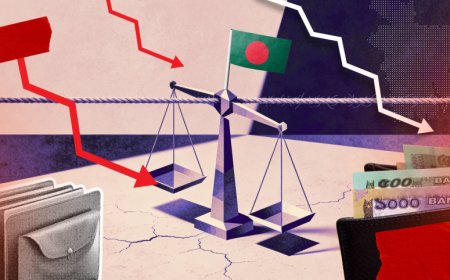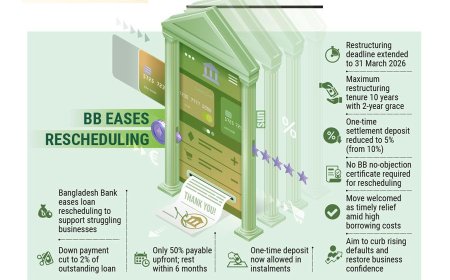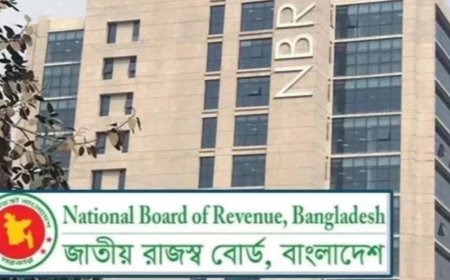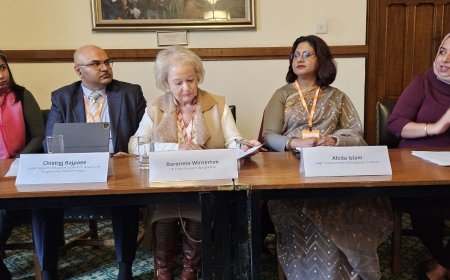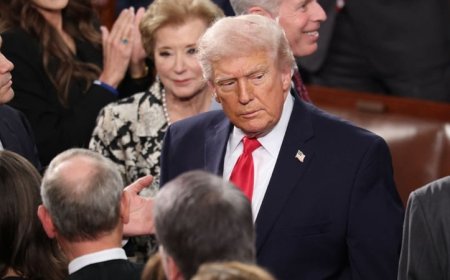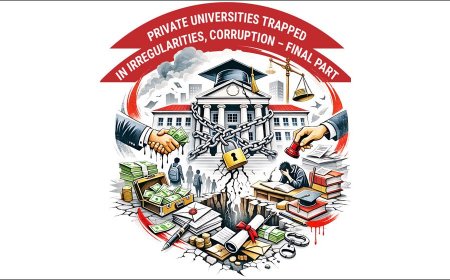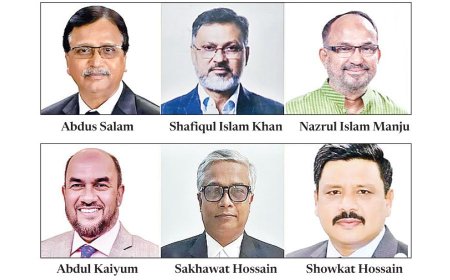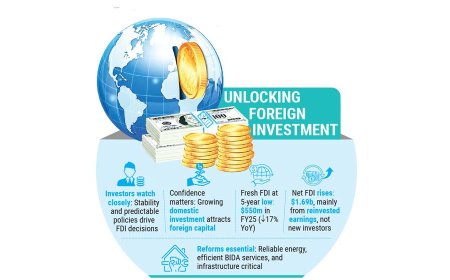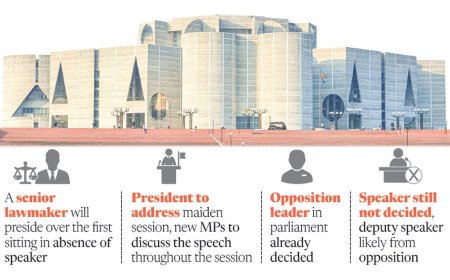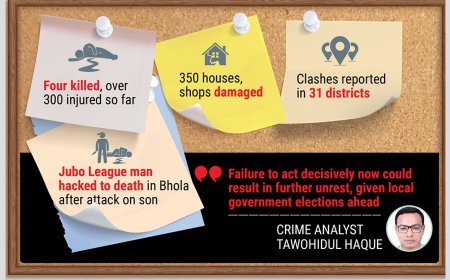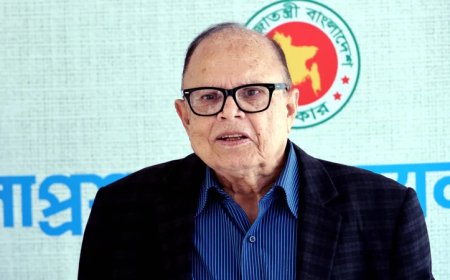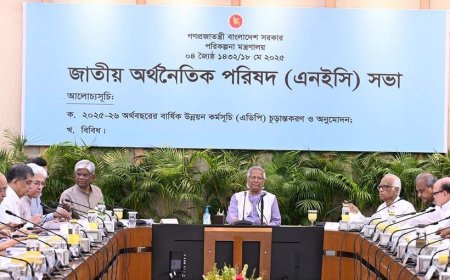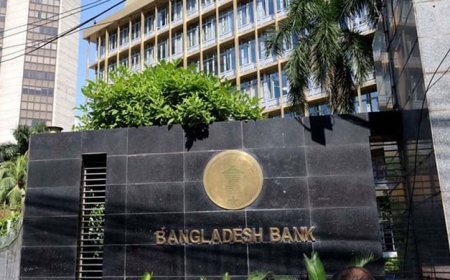Has Prof Yunus Abandoned His Neutrality?
Prof Yunus’s Global Acclaim Is Undeniable
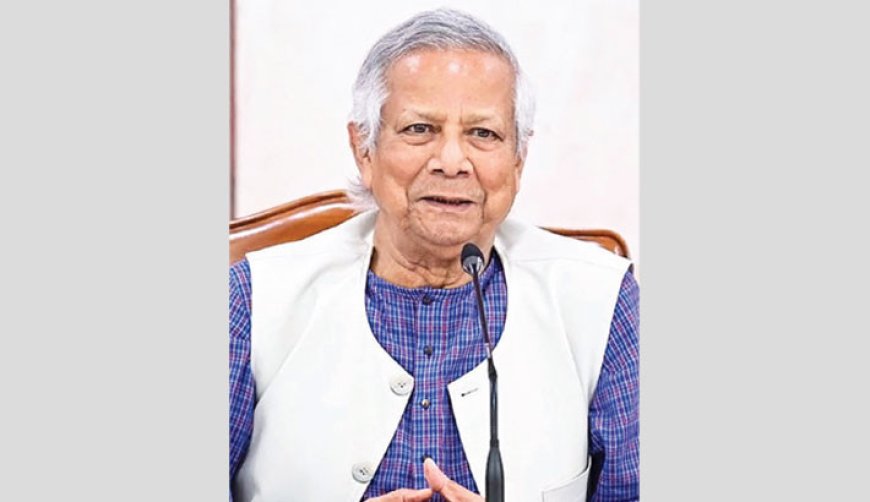
Prof Dr Muhammad Yunus was in Paris during the mass uprising on 5 August and returned to Bangladesh on the 8th. Upon arrival, he declared, “Bangladesh has an extraordinary opportunity ahead. We will not get this chance again, and we must not let it slip away.” Yet, ten months into his tenure, that opportunity seems increasingly squandered. The question now looms: was this moment meant for the people—or for a privileged few?
Despite his global stature and Nobel recognition, Prof Yunus’s impartiality as chief adviser is under growing scrutiny. Many allege that, in prioritising loyalty to select groups or foreign interests, he has sidelined national welfare. His own past legal troubles were swiftly resolved after taking office, while politically motivated cases against opposition leaders continue to languish. This double standard has sparked resentment.
Critics also point to questionable decisions—such as the government’s waiver of Tk666 crore in tax liabilities against him and the reduction of its stake in Grameen Bank, where he has personal interests. His associates have benefited from government approvals for businesses and a university—raising concerns over conflict of interest.
In ten months, Prof Yunus has taken ten foreign trips—more than many global leaders—yet with limited tangible gains for Bangladesh. Visa restrictions from the Middle East and Southeast Asia have worsened, and efforts to resolve them have stalled.
Initially seen as a neutral figure, Prof Yunus is now facing criticism not only from political parties but from the general public. His perceived alignment with the newly formed National Citizen’s Party (NCP)—rooted in the July student uprising—has fuelled accusations of bias. Retaining two NCP-linked individuals as advisers, while one resigned, only deepened doubts about his neutrality.
His recent remark—“Only one political party wants elections in December”—while abroad, inflamed political divisions. In truth, most parties aside from the NCP are calling for December polls, aligning with demands from the armed forces to hold elections before January.
Controversy further intensified after delays in swearing in Ishraque Hossain as mayor, despite a tribunal verdict and gazette notification. The government's inertia appeared to push BNP towards street agitation, which Prof Yunus responded to with vague threats of resignation and inconclusive dialogue with parties. Observers now question whether he intends to delay elections and unite anti-poll forces instead.
Meanwhile, the caretaker government’s opaque decisions—especially concerning the Rakhine Corridor and Chattogram Port—have triggered public alarm. Many wonder if these steps are linked to external deals. Is Prof Yunus stalling elections to fulfil international obligations—or paving the way for an unelected regime?
Whatever the motive, the erosion of his neutrality is unmistakable. The public expected better from someone of his stature. There is still time for course correction. But the window is closing fast.
What's Your Reaction?







